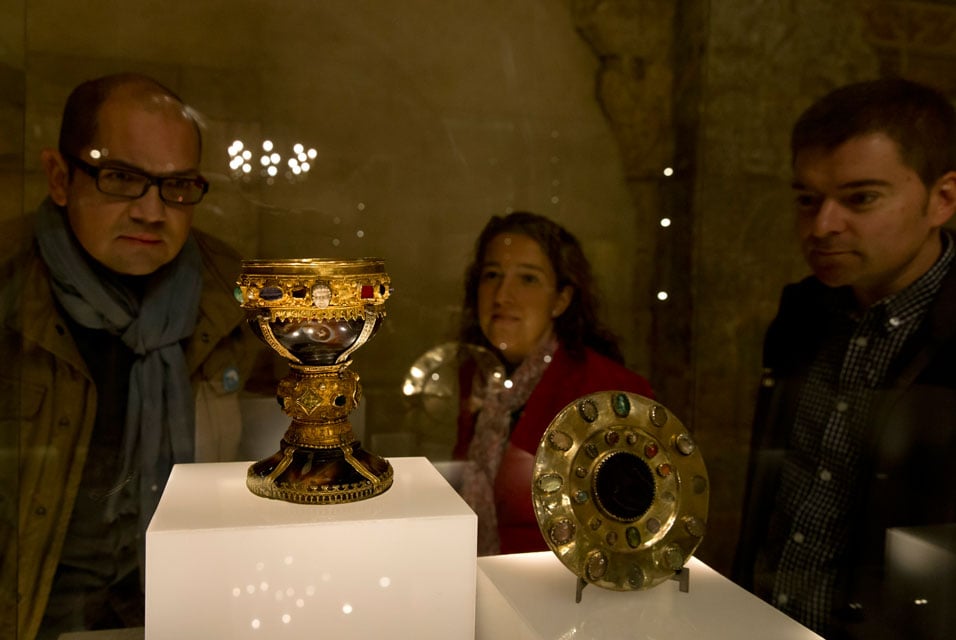Art World
Spain’s So-Called Holy Grail Is Fake, Experts Say


Sarah Cascone

Earlier this week, two Spanish historians made headlines by claiming they had found the Holy Grail. While tourists arrived in droves at Leon’s museum of the San Isidro basilica, experts have been quick to refute the bold claim.
As reported by Agence France-Presse (AFP), medieval historians widely agree that the grail, which has inspired countless films and novels, is purely the stuff of legend.
Margarita Torres and Jose Manuel Ortega del Rio, the authors of Kings of the Grail, see things differently. They identified a chalice at San Isidro called the Doña Urraca as the grail based on a drawing and description in a medieval Egyptian parchment. Although the parchment traces the artifact from Jerusalem to Spain by way of Egypt, it does not give an account of the Grail’s whereabouts for the first 400 years after Jesus’s death.
Carlos de Ayala, a medievalist at the Universidad Autónoma de Madrid fired back to AFP: “The Grail legend is a literary invention of the 12th century with no historical basis. You cannot search for something that does not exist.”